Director’s Update
This fall is a season of welcoming. We are excited to welcome four new faculty to the HERCULES Center and Gangarosa Department of Environmental Health: Christine Ekenga, Stephanie Eick, Parinya Panuwet, and Marlene Wolfe. These investigators bring a breadth of research interests and expertise to the Department and Center. We also are being welcomed back to campus amidst the continuing COVID-19 pandemic. Although we still are being cautious, there is great energy all around with that return, and I know I am excited to be able to interact in 3-dimensions with our HERCULES researchers. The Center and its members continue to do amazing research, have taken the past few months to have thoughtful dialogue with our Stakeholder Advisory Board on concrete actions to move us toward being an anti-racist and inclusive Center, and have seen multiple successes including high profile publications and new research grants. In a few weeks, we will learn of the results of the competitive renewal of the Center and hope we will be celebrating the renewal and recommitment to our vision of serving as an intellectual hub in advancing and translating exposome research to improve human health.
-Carmen Marsit
Our Commitment to Anti-Racism
Following up on the Anti-Racism Commitment adopted by the Community Engagement Core and Stakeholder Advisory Board, HERCULES convened a Center-wide Anti-Racism Workgroup to broaden these efforts to the full HERCULES community. Workgroup volunteers include eight HERCULES faculty/staff members and four SAB participants. The Workgroup will meet several times this fall to identify priorities and action items.
These are only the initial steps of an ongoing and essential conversation within HERCULES. Environmental injustices are almost always manifestations of racial injustice, so in order to achieve our mission of improving human health, we must confront racism within our own operations and beyond.
New HERCULES Members
When Dr. Yang Liu was appointed Chair of the Gangarosa Department of Environmental Health (GDEH) in early 2021, he immediately engaged with the Departmental Faculty Search Committee to expand and strengthen the department by recruiting new faculty. The goal was to bring in talented researchers and educators who specialized in key environmental health issues, such as environmental epidemiology; environmental and occupational determinants of health; biomarkers; environmental justice; and water, sanitation, and hygiene (WASH).
These efforts have resulted in the hiring of four outstanding new faculty members: Drs. Stephanie Eick, Christine Ekenga, Parinya Panuwet, and Marlene Wolfe. “We are thrilled to welcome these talented young investigators to our department,” says Liu. “Having a diverse and productive faculty is key to our long-term goal of developing GDEH into one of the world’s best programs in environmental health research and teaching.”
We are pleased to welcome Drs. Eick, Ekenga, Panuwet, and Wolfe to the HERCULES Center. Stephanie Eick was also partially recruited through the HERCULES Career Development Program and is our newest HERCULES-supported junior faculty member.
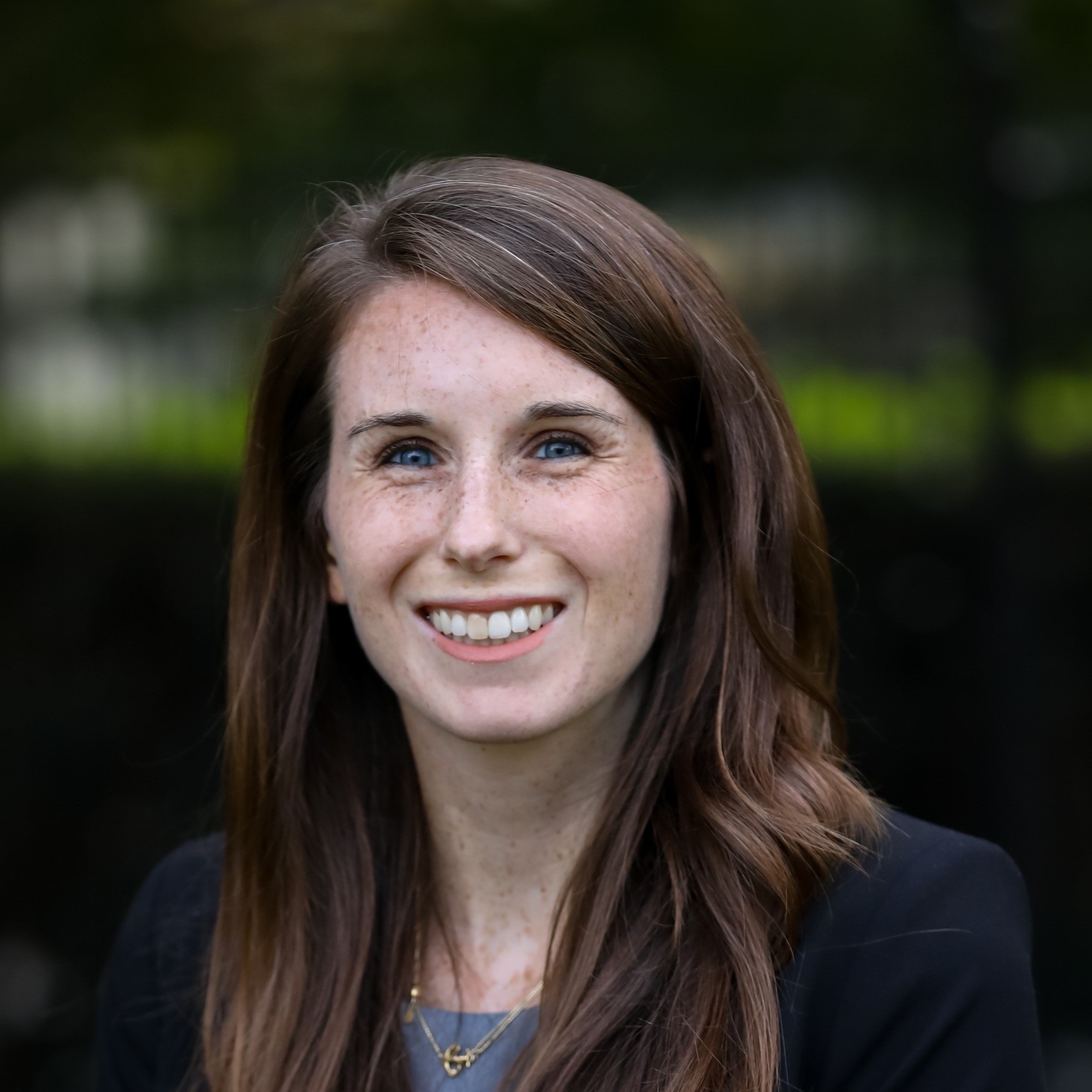 Stephanie Eick, PhD, MPH, is a perinatal and environmental epidemiologist and will be joining the department as an assistant professor. She completed her PhD in Epidemiology from the University of Georgia, College of Public Health in 2019. Eick most recently worked as a postdoctoral fellow in the Program on Reproductive Health and the Environment, within the Department of Obstetrics, Gynecology and Reproductive Sciences at the University of California San Francisco (UCSF). In this role, she examined the associations between environmental chemical exposures, psychosocial stress, birth outcomes, and infant neurodevelopment.
Stephanie Eick, PhD, MPH, is a perinatal and environmental epidemiologist and will be joining the department as an assistant professor. She completed her PhD in Epidemiology from the University of Georgia, College of Public Health in 2019. Eick most recently worked as a postdoctoral fellow in the Program on Reproductive Health and the Environment, within the Department of Obstetrics, Gynecology and Reproductive Sciences at the University of California San Francisco (UCSF). In this role, she examined the associations between environmental chemical exposures, psychosocial stress, birth outcomes, and infant neurodevelopment.
Eick’s research primarily focuses on environmental epidemiology, exposure science, and reproductive health, with an emphasis on environmental justice and reducing health disparities among pregnant women and children. Between her strong research portfolio, experience teaching master’s-level courses at the Institute for Global Health Sciences at UCSF, developing new course curriculum, and mentoring both undergraduate and graduate students, Eick brings a wealth of talent, experience, and energy to GDEH.
 Christine Ekenga, PhD, MPH, will be joining GDEH as an assistant professor. She received her PhD in Environmental Health Sciences from New York University’s Graduate School of Arts and Sciences in 2011. After completing postdoctoral training focused on cancer prevention and control and chronic disease epidemiology, Ekenga worked as an assistant professor of public health at The Brown School at Washington University in St. Louis for the past five years. She brings with her a breadth of experience related not only to environmental and occupational determinants of chronic disease risk and outcomes, but also to student mentorship, supervision, and leadership.
Christine Ekenga, PhD, MPH, will be joining GDEH as an assistant professor. She received her PhD in Environmental Health Sciences from New York University’s Graduate School of Arts and Sciences in 2011. After completing postdoctoral training focused on cancer prevention and control and chronic disease epidemiology, Ekenga worked as an assistant professor of public health at The Brown School at Washington University in St. Louis for the past five years. She brings with her a breadth of experience related not only to environmental and occupational determinants of chronic disease risk and outcomes, but also to student mentorship, supervision, and leadership.
At its core, Ekenga’s work is motivated by principles of equity, engagement, and the ethical and rigorous deployment of research methods to identify environmental health hazards and promote environmental justice. She is dedicated to ensuring her research has a direct effect on the people she is passionate about helping.
“It is my expectation that my work will continue to have a significant public health impact through the development of effective strategies for reducing exposures to environmental and occupational health hazards, particularly in vulnerable and disproportionately exposed populations and populations with limited access to resources that can help mitigate the effects of these hazardous exposures,” she says.
 Parinya Panuwet, PhD, MSc, is no stranger to GDEH, as he currently works as the director of research projects in the Laboratory of Exposure Assessment and Development in Environmental Research (LEADER), which is housed in GDEH. From 2005 to 2010, he worked as a lead exposure scientist at the Division of Laboratory Science of the U.S. Centers for Disease Control and Prevention to generate data for the National Health and Nutrition Examination Survey. He then joined GDEH in 2010 as a research assistant professor.
Parinya Panuwet, PhD, MSc, is no stranger to GDEH, as he currently works as the director of research projects in the Laboratory of Exposure Assessment and Development in Environmental Research (LEADER), which is housed in GDEH. From 2005 to 2010, he worked as a lead exposure scientist at the Division of Laboratory Science of the U.S. Centers for Disease Control and Prevention to generate data for the National Health and Nutrition Examination Survey. He then joined GDEH in 2010 as a research assistant professor.
After four successful years with the department, Panuwet became fascinated with the concept of the human exposome and took an academic absence from 2014 to 2016 to complete postdoctoral training at the International Agency for Research on Cancer in Lyon, France. After rejoining GDEH as director of research projects with LEADER in 2016, the department is thrilled to welcome him back to the faculty.
As an analytical toxicologist by training, Panuwet’s research specializes in biomarker analysis, human biomonitoring, analytical method development using mass spectrometry, risk assessment, and health impact assessment. He brings with him expertise in laboratory exposure assessment and global health research and networking. Not only does Panuwet mentor MPH and PhD students across Rollins, but also at universities in Thailand, India, and South Korea, making him an invaluable resource for students interested in getting involved in his research projects.
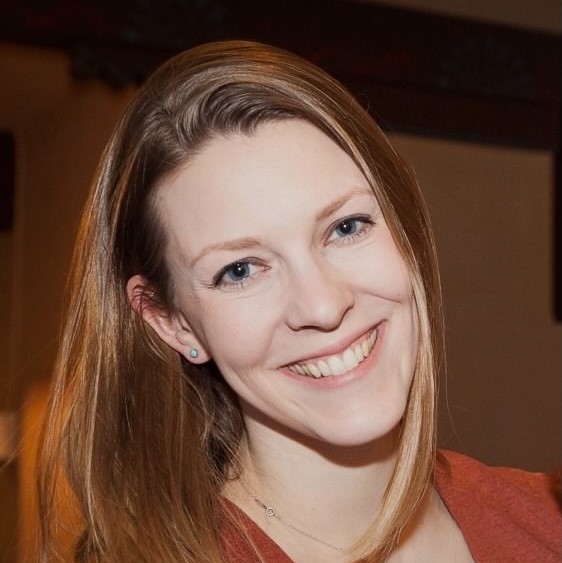 Marlene Wolfe, PhD, MSc, is an interdisciplinary environmental health researcher using environmental microbiology and epidemiology to mitigate infectious disease transmission and address complex issues in WASH. She will be joining GDEH as an assistant professor. She received her PhD in 2019 from Tufts University, Department of Civil and Environmental Engineering and most recently worked as a postdoctoral scholar at Stanford University in the Department of Civil and Environmental Engineering and the Woods Institute for the Environment. In this role, she focused on environmental detection of pathogens for both surveillance of population health and evaluations of WASH interventions. Wolfe has also been heavily involved in the COVID-19 response by using wastewater-based epidemiology to track the spread of COVID-19 in communities across the US.
Marlene Wolfe, PhD, MSc, is an interdisciplinary environmental health researcher using environmental microbiology and epidemiology to mitigate infectious disease transmission and address complex issues in WASH. She will be joining GDEH as an assistant professor. She received her PhD in 2019 from Tufts University, Department of Civil and Environmental Engineering and most recently worked as a postdoctoral scholar at Stanford University in the Department of Civil and Environmental Engineering and the Woods Institute for the Environment. In this role, she focused on environmental detection of pathogens for both surveillance of population health and evaluations of WASH interventions. Wolfe has also been heavily involved in the COVID-19 response by using wastewater-based epidemiology to track the spread of COVID-19 in communities across the US.
Her overall research focuses on communities that are low-resource or facing emergencies, and thus are facing a high burden of communicable disease and/or lack of WASH services. She brings with her invaluable teaching experience in statistics, epidemiology, and infectious disease theory, and microbiology laboratory practice and is eager to help the department train the next generation of environmental health experts to solve the most pressing and challenging infectious environmental threats.
Article written by Natalie Dionne.
New Grants for HERCULES Members
Congratulations to the following HERCULES Members on receiving new funding.
Todd Everson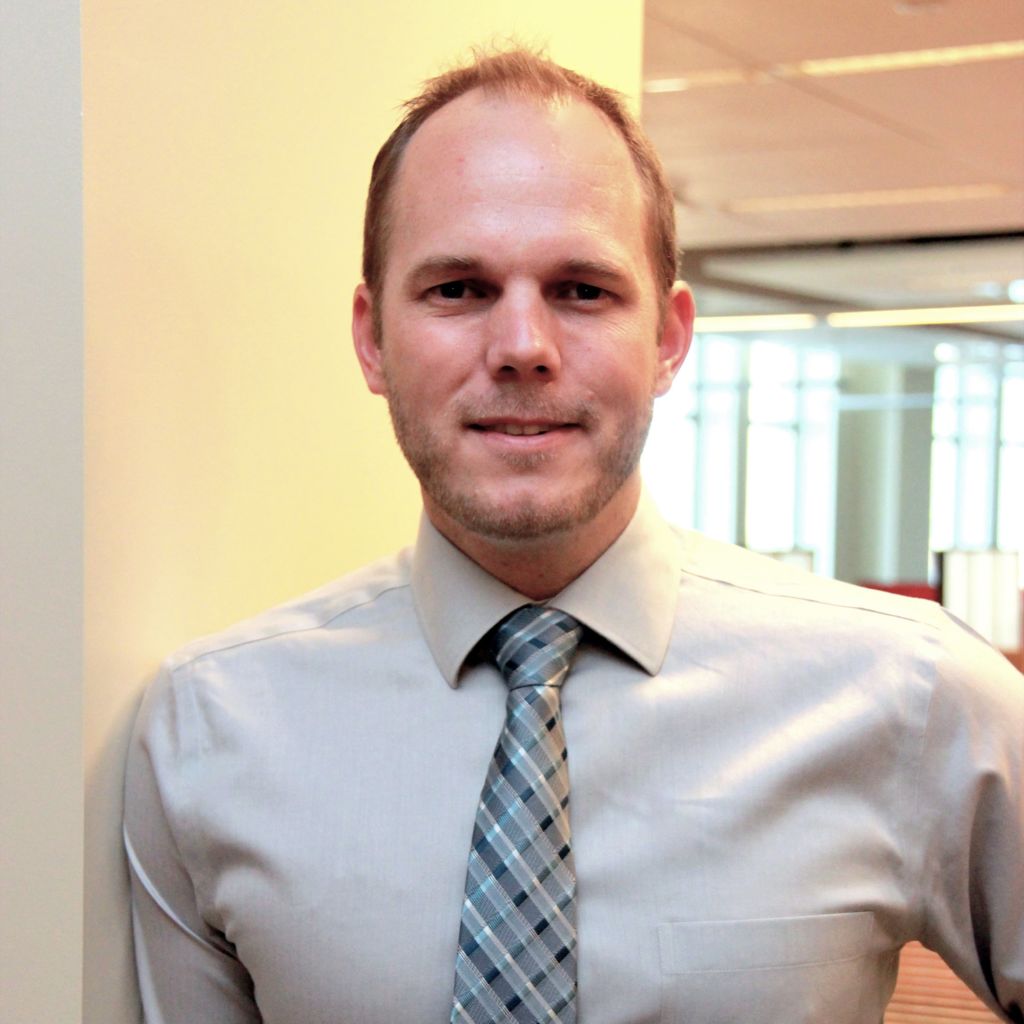
R01ES032176-01A1
“Growth and Metabolic Programming from Prenatal PFAS Exposure: Examining the Roles of Placental Functional Genomics and Protection by Maternal Exercise”
This grant is a collaboration with the University of Kentucky P30, CARES, and the University of Arkansas.
Audrey Gaskins
R01ES032446-01A1
“The Influence of Ambient Air Pollution on Fertility Using a Vitrified Donor Oocyte Bank”
This grant builds off of Dr. Gaskins’s HERCULES Pilot funding.
Joellen Schildkraut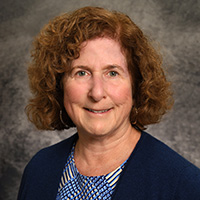
UG3CA265842-01
“Southern Liver Health Cohort”
This grant is a collaboration with the NC State P30, CHHE.
Eri Saikawa
EPA STAR Grant 84019801
“Community-Oriented Strategies to Estimate Childrens’ Soil and Dust Ingestion Rates and Exposure to Soil Heavy Metal and Metalloid in West Atlanta”
This grant builds off of Dr. Saikawa’s HERCULES Pilot funding.
Liuhua Shi
R01AG074357
“Air Pollution and Alzheimer’s Disease and Related Dementias: A National Study”
This grant builds off of Dr. Shi’s HERCULES Pilot funding.
Lisa Thompson & Eri Saikawa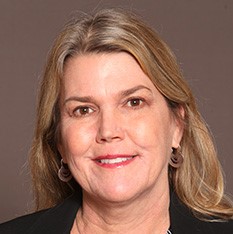
R01ES032009-01A1
“Combustion of Plastic Waste and Human Health Effects in Guatemala”
HERCULES Publications
 HERCULES-supported junior investigator Noah Scrovronick collaborated on a couple high impact papers examining deaths caused by temperature increases. The first paper, published in Nature Climate Change, used data from 732 cities in 43 countries around the world between 1991-2008. The researchers found that human-induced climate change is responsible for over a third of heat-related deaths. This paper has received national attention, and is described in more detail in the Emory News Center. The second paper, a multi-institution study published in Lancet Planetary Health, is the first to examine how temperature affects mortality across the world from 2000 to 2019, a period when global temperatures rose significantly. Read the full story in the Emory Report here. Finally, Dr. Scovronick also explored ethical issues around climate change decision making in an article published in Health Affairs entitled “Valuing Health Impacts In Climate Policy: Ethical Issues And Economic Challenges.”
HERCULES-supported junior investigator Noah Scrovronick collaborated on a couple high impact papers examining deaths caused by temperature increases. The first paper, published in Nature Climate Change, used data from 732 cities in 43 countries around the world between 1991-2008. The researchers found that human-induced climate change is responsible for over a third of heat-related deaths. This paper has received national attention, and is described in more detail in the Emory News Center. The second paper, a multi-institution study published in Lancet Planetary Health, is the first to examine how temperature affects mortality across the world from 2000 to 2019, a period when global temperatures rose significantly. Read the full story in the Emory Report here. Finally, Dr. Scovronick also explored ethical issues around climate change decision making in an article published in Health Affairs entitled “Valuing Health Impacts In Climate Policy: Ethical Issues And Economic Challenges.”
HERCULES researchers have developed a system for generating “xenobiotic metabolites” – the 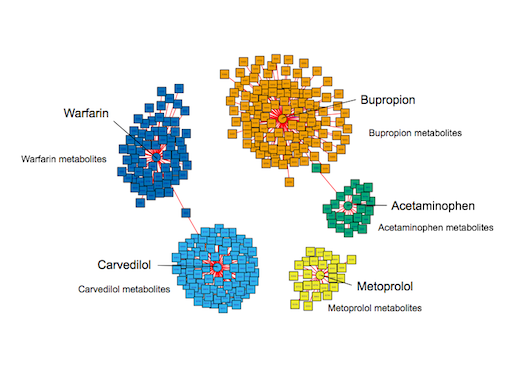 breakdown products – from environmental chemicals, so that they can be analyzed on a large scale. Potentially, the system could be used to establish how chemicals are metabolized and distinguish who has been exposed and how much, even if the original chemical is not present in the body anymore. The research, published in Nature Communications, was a collaboration supported by HERCULES and the NIH Common Fund’s Metabolomics program. A companion paper, also in Nature Communications, focuses more on techniques for detecting those contaminants. It lays out a standard workflow for processing samples for large-scale studies of the human exposome – all the influences from the environment as well as foods, drugs and other domestic products. Read the full stories written by Quinn Eastmann here and here. Image courtesy of Ken Liu.
breakdown products – from environmental chemicals, so that they can be analyzed on a large scale. Potentially, the system could be used to establish how chemicals are metabolized and distinguish who has been exposed and how much, even if the original chemical is not present in the body anymore. The research, published in Nature Communications, was a collaboration supported by HERCULES and the NIH Common Fund’s Metabolomics program. A companion paper, also in Nature Communications, focuses more on techniques for detecting those contaminants. It lays out a standard workflow for processing samples for large-scale studies of the human exposome – all the influences from the environment as well as foods, drugs and other domestic products. Read the full stories written by Quinn Eastmann here and here. Image courtesy of Ken Liu.
Member Benefits Reminders
All HERCULES Members are eligible to apply for funding to support protected time to pursue cross-training or to cover costs to attend conferences that align with the HERCULES Center mission. Email Career Development Program Director, Jeremy Sarnat (jsarnat@emory.edu), with a brief description of your request for preliminary approval before filling out the Professional Development Fund Request Form.
The Enhance Grant Program is designed to remove obstacles to Environmental Health Sciences research productivity for HERCULES Members by producing short-duration, limited funds on a time-sensitive basis. Applications are accepted on an ongoing basis but must be submitted by January 17, 2022. Details are available here.
The 2022-2023 Pilot Program RFA is delayed pending information on the HERCULES Renewal application. We hope to release the 2022-2023 Pilot Program RFA in late fall 2022.